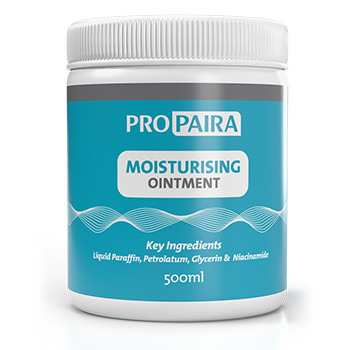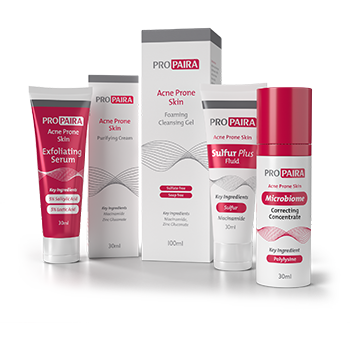Vitamin E (Alpha-tocopherol)
- Skin barrier support
- Sun damage protection
- Antioxidant
- Skin soothing
- Evens out skin tone
Vitamin E is a fat-soluble antioxidant that plays a crucial role in skin health and overall well-being. Scientifically known as tocopherol, it exists in several forms, with alpha-tocopherol being the most active and beneficial for human skin. Vitamin E is found in foods such as nuts, seeds, spinach, and avocado.
As a fat-soluble compound, vitamin E supports the skin's natural barrier function, preventing water loss and keeping the skin hydrated. It helps to strengthen the lipid barrier, reducing dryness and maintaining a soft, smooth texture. This makes it especially beneficial for people with dry or sensitive skin, as it helps to lock in moisture and enhance the skin’s overall resilience.
Another benefit of Vitamin E is that it is a potent antioxidant that neutralises free radicals, unstable molecules that can damage skin cells. Free radicals are generated from environmental factors such as pollution, UV radiation, and cigarette smoke. By scavenging these harmful molecules, Vitamin E helps to protect the skin from oxidative stress, which can lead to premature ageing, wrinkles, and fine lines.
While Vitamin E is not a sunscreen, it can provide some protection from UV damage when combined with other antioxidants or sunscreens. It helps to repair skin that has been exposed to excessive sun by reducing inflammation. Vitamin E can also aids in minimising the long-term effects of sun damage, including hyperpigmentation and sun spots. Propaira’s DryTouch Sunscreen contains vitamin E for added protection.
Products that contain Vitamin E (Alpha-tocopherol)

